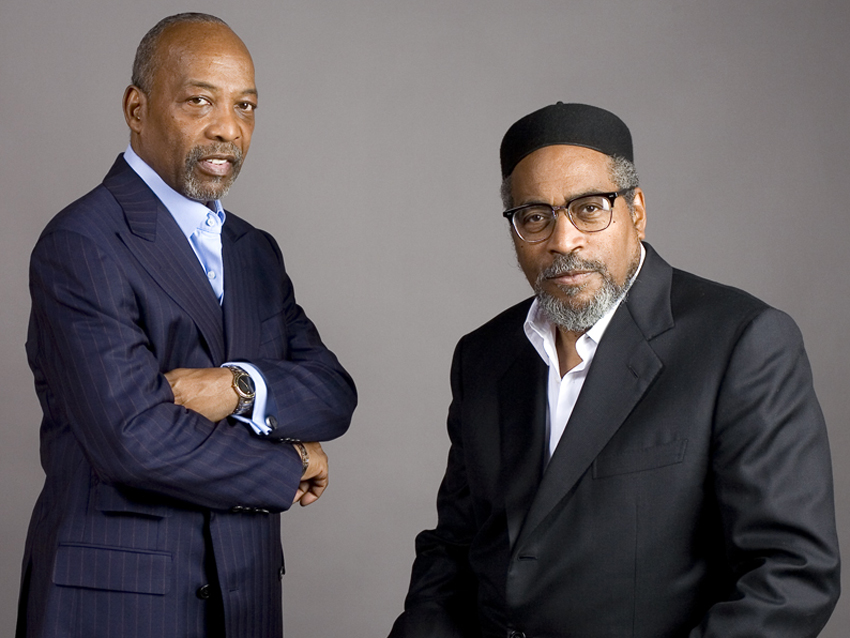
Leon Huff talks Gamble & Huff's 10 greatest recordings of all time
“The first time we sat down together, I knew we had something special," says Leon Huff of the day he met Kenneth Gamble and formed one of the most successful songwriting and production partnerships in the history of modern music.
"The chemistry was spontaneous and magical. Five, six songs came to us in no time at all. We didn’t have to think about what we were doing, we just did it."
Staring in 1967 with their first Top 5 hit, Expressway To Your Heart, the duo of Gamble & Huff would go on to write and produce over 170 gold and platinum records, ushering in what would become known as 'Philly soul,' or as they put it on their very own theme to Soul Train, 'The sound of Philadelphia.'
"We had our strengths, and we each knew how to complement the other guy," says Huff. “I played piano and had a good sense of music. Gamble played basic guitar, but he had a terrific way with words and themes. We formed a great team. For a time there, anything we did was a smash. That's how it happens if it's meant to happen."
In the early '70s, Gamble & Huff formed Philadephia International Records, and their string of hits for artists such as The O'Jays, Harold Melvin & The Blue Notes, The Three Degrees and others was just that - international. "You don't know what it's like to sit in a car in London and hear one of your songs," says Huff. "And then having the disc jockey say it's number one - number one in England!... That's the kind of thing you remember that all your life."
On the following pages, Leon Huff talks about the 10 greatest songs that he and Kenneth Gamble wrote and produced together, recordings that earned them induction into The Rock And Roll Hall Of Fame. "I probably shouldn't say this, but the writing was easy," Huff admits with a laugh. "Gamble and I had a ball, man. But see, that's the lesson: if it feels like work, something isn't working. Somehow, we always seemed to know that."
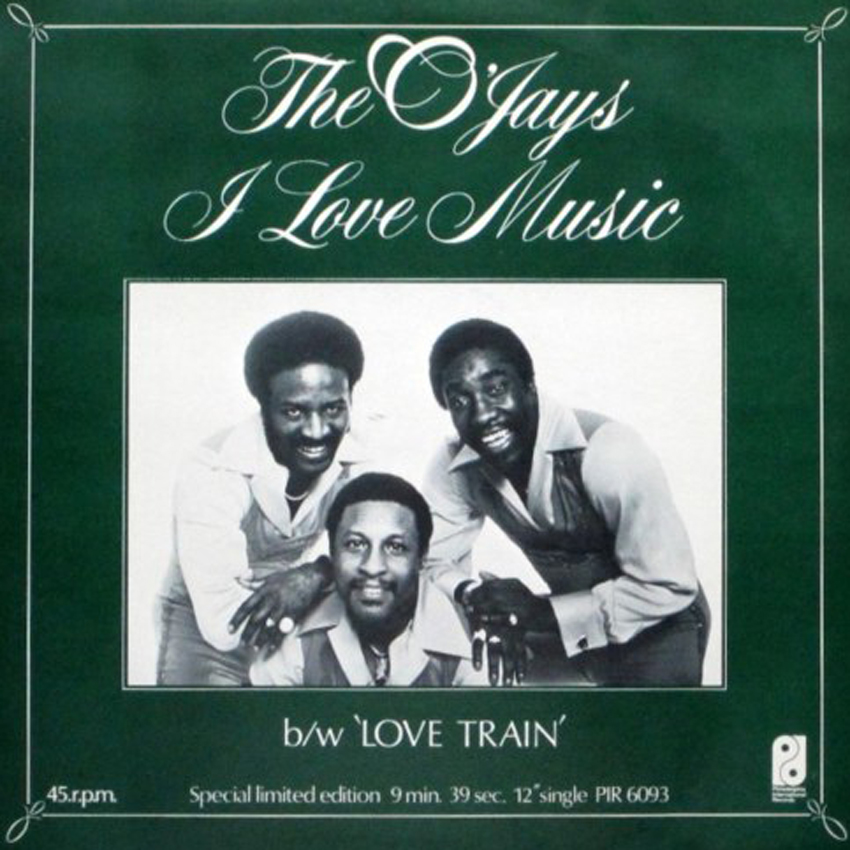
The O'Jays - I Love Music (1975)
“I love music. Yes, I do – and Gamble, too. We were having a ball writing songs like this. Every artist or group, when they’re on a good streak, they just get together and whatever they do is happening. That’s where Gamble and I were at this point. We just got in a room, and another hit walked out with us.
“We were paying tribute to the music we loved. When I grew up, my mother played everything. From Nat King Cole to Lawrence Welk, she did it all – rock ‘n’ roll, too. The only exception was Sundays. Sundays were for gospel. No rock ‘n’ roll on Sundays, man.
“But yeah, we gave our respects here. [sings] ‘I love music/ any kind of music/ sweet sweet music/ as long as it’s groovin’…’ The O’Jays were the perfect group to sing the song. Everybody was loving The O’Jays when they recorded it.
“We worked with great arrangers. Gamble and I would hum the horn parts. We couldn’t write them out, but we knew how they should go. The parts were melodic, they were percussive, they did it all. They stood out.”
Listen:
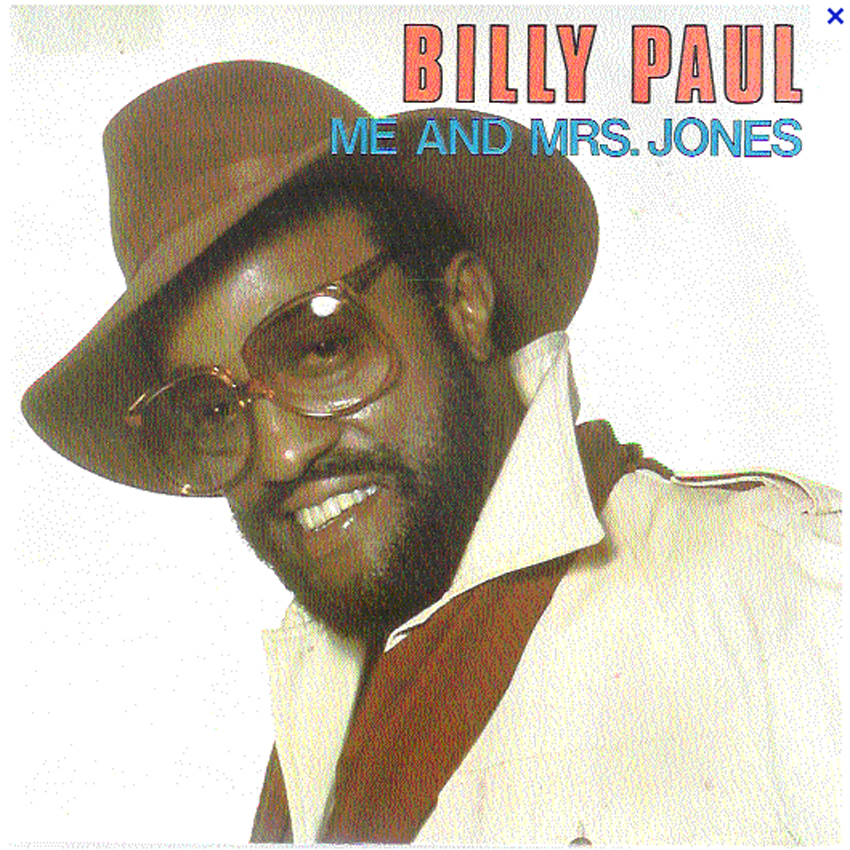
Billy Paul - Me And Mrs Jones (1972)
“Gamble and I got our offices in Philadelphia, at 250 South Broad Street. We were on the sixth floor of the Shubert Building. Before long, we developed a routine of meeting for breakfast at a restaurant on the ground floor.
“Over a period of time, I noticed that this very attractive, middle-aged lady would come in and have breakfast with a certain gentleman. Thing is, I had heard that the guy was from another town and he was married – to somebody else, of course.
“I said to Gamble, ‘She comes in here every day. She sits down with the same guy, then she goes to the jukebox and plays the same song. And every day, they go outside. She goes her way, and he goes his. Tomorrow, they’ll be here again.’ And they were. [laughs]
"The song has a movie quality to it. We just switched things around so that the woman was the married one in the lyrics. Musically, it's kind of jazzy. The chords and the syncopation suited Billy Paul’s talents perfectly. When I met him, he was a jazz singer. I used to see him in the clubs. I’m very proud that we wrote what’s probably his signature song.”
Listen:
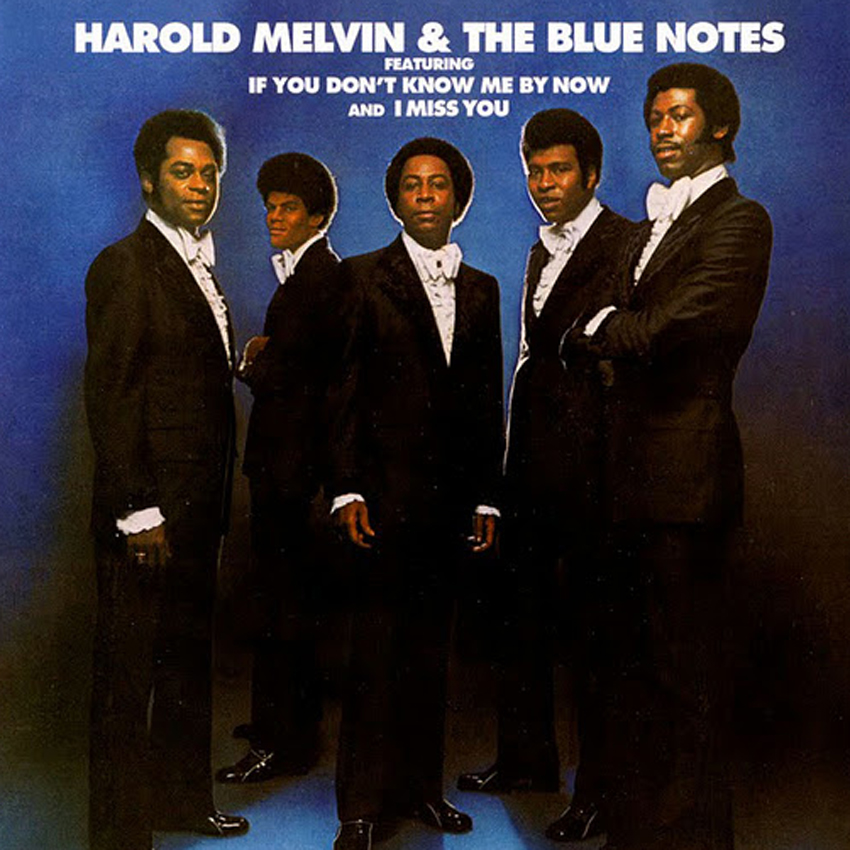
Harold Melvin & The Blue Notes - If You Don't Know Me By Now (1972)
“One of my favorites. It’s a very emotional song. That’s Teddy Pendergrass on lead vocals. He was so incredible – such a big, powerful voice. Later on, Simply Red did a beautiful job with this one, too.
“I could feel there was something special going on when Gamble and I wrote it. We sat in a room like we usually did, me at the piano and him singing, and we turned on the tape recorder. That was all we had to do.
“I started playing these chords, and Gamble freestyled the lyrics, just singing off the top of his head. We never worried too much about having a formula – we just played and sang what we felt. This song just came right out of us… a Grammy winner.”
Listen:
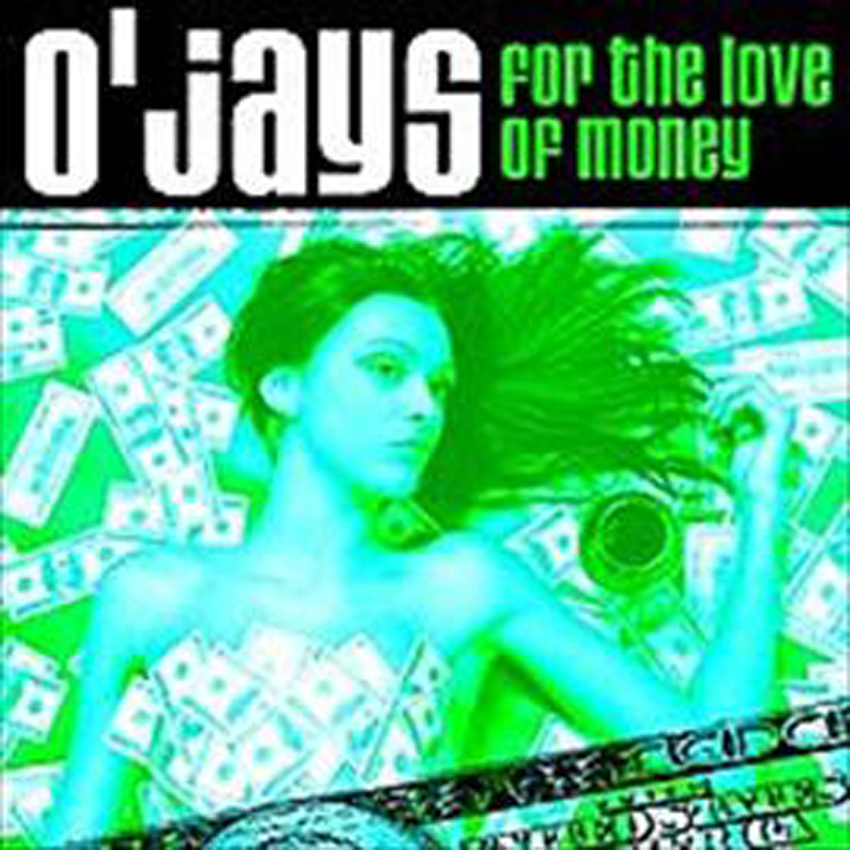
The O'Jays - For The Love Of Money (1974)
“Donald Trump’s signature song. He took it and made it his own on The Apprentice. Lots of people who never knew the tune before heard it on TV with Donald Trump.
“Some very interesting groups have covered the song – punk bands, rock bands, all sorts. It’s happening, man, listening to all these versions out there.
“I have to give it up for a great, great bass player by the name of Anthony Jackson. You hear that bassline he played, and you know the song. Just a few notes - that's all you need.
“Funnily enough, I wrote that part on the piano in the office. Even so, I knew it was a bassline. I can’t take credit for the cool effects on the bass, though. [Engineer] Joe Tarsia and Gamble did all that.”
Listen:
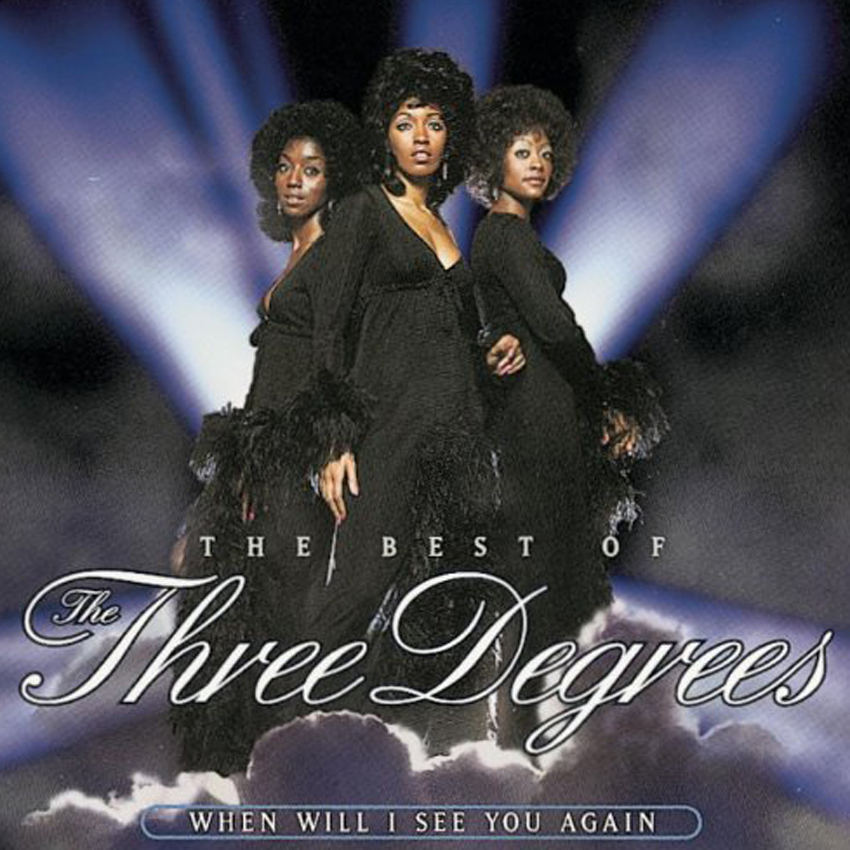
The Three Degrees - When Will I See You Again (1974)
“I loved The Three Degrees! I remember getting on an airplane and flying to Boston to see them. I called them ‘my group with royalty,' because they were huge in London.
“That’s the way the song happened, too: When we released it in the United States, it bombed terribly. The radio stations just didn’t want to know about it. But Columbia put it out in England, and it took off. It was one of the biggest songs by a female group since The Supremes were putting out all of their hits.
“After the song became a smash across the pond, everybody in the States took notice. The DJs played it, and everybody went crazy.
“There’s a wonderful quality to the strings – it’s almost classical. I think you could take the vocals off and know what song it is.”
Listen:
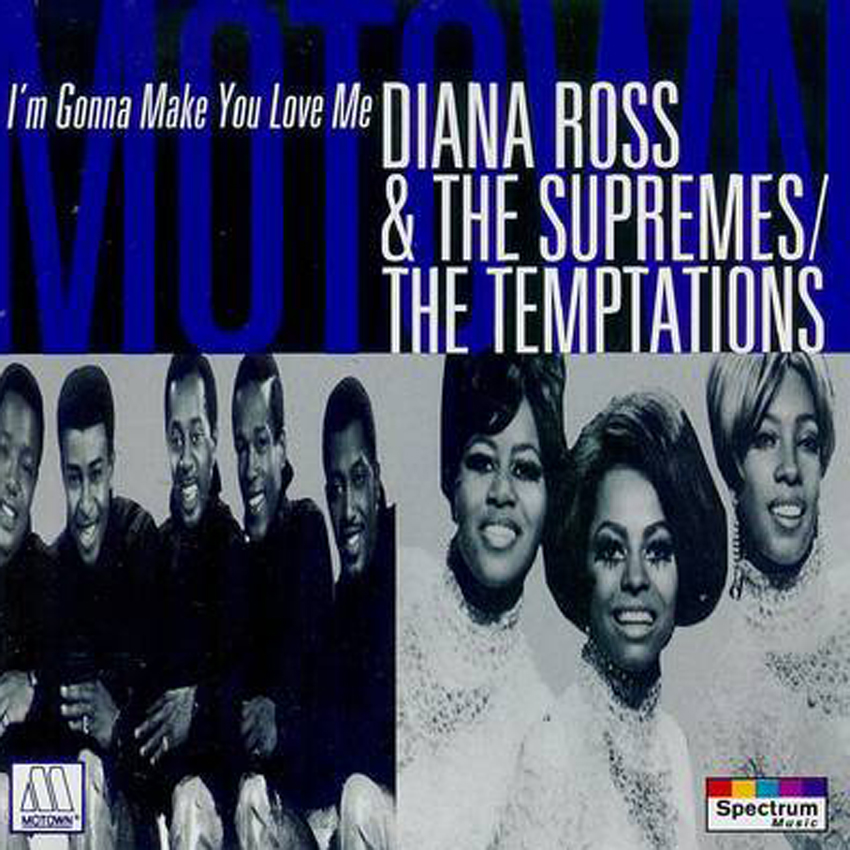
Diana Ross & The Supremes and The Temptations - I'm Gonna Make You Love Me (1968)
“One of our earlier hits, with two of my favorite groups ever. Funnily enough, a few people recorded this song before it got to the Temptations and The Supremes. Dee Dee Warwick had the first version – she did it for Mercury Records.
“Gamble and I weren’t well known at the time of this record. We were just honing our craft. We didn’t produce it, either – Nick Ashford was one of the producers. But the song was important for us as writers because it taught us to modulate. The verse is in one key, and the chorus is in an entirely different key – higher. That really creates the excitement and the drama.
“One thing I’m happy about is that this version has the original members of The Temptations, with the great David Ruffin. He was something else.”
Listen:
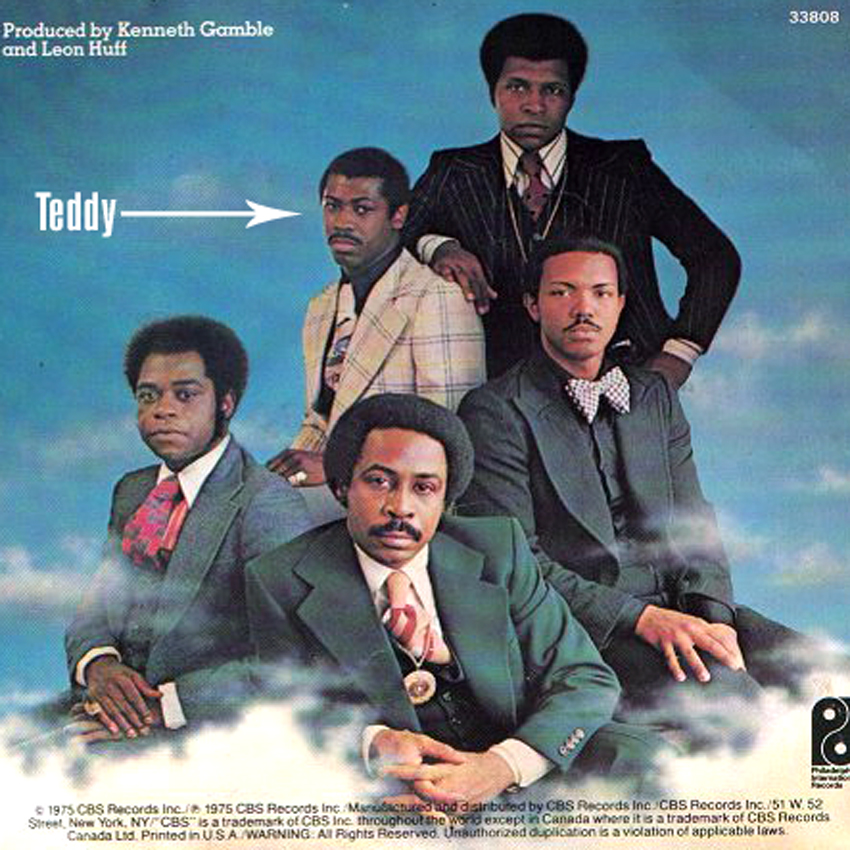
Harold Melvin & The Blue Notes - The Love I Lost (1973)
“Teddy Pendergrass’s voice was like a work of art. I know a lot of people were starting to focus on him around this time. He was so powerful, a very gutsy and emotive singer.
“The song is sad, but it's got a nice swing, a carefree feel. I used to go to clubs and watch people dance to it. Writing-wise, this was a natural. The way I was playing it, the way Gamble sang it – we knew it couldn’t miss. We took it to the Blue Notes and they killed it.
“Some songs take an hour, some take 20 minutes. This one was probably more in the 20-minute category. Gamble and I never spent weeks and months on anything like some writers you hear about. If the song wasn’t happening, we knew we should just move on to the next thing.”
Listen:
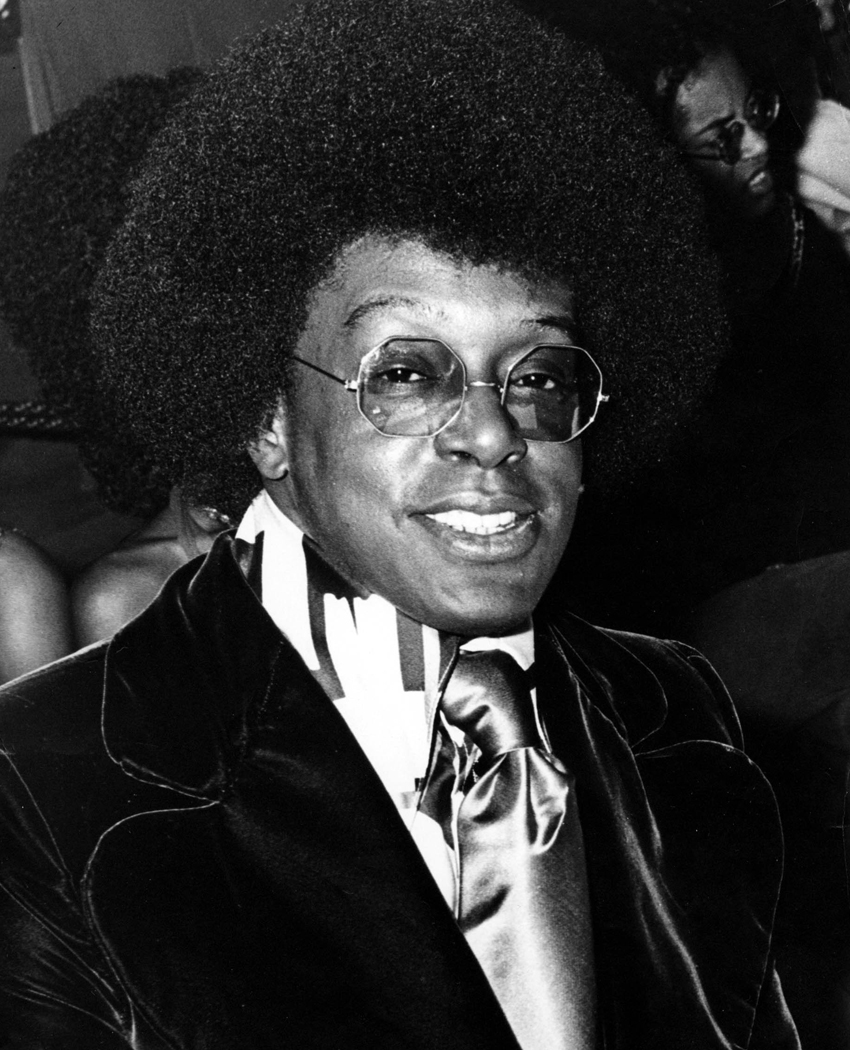
MFSB - TSOP (The Sound Of Philadelphia) (1974)
“MFSP - Mother, Father, Sister, Brother. That was the orchestra we used. This song would be the theme for Soul Train. It’s basically an instrumental, but we had The Three Degrees do the background vocals. Their voices really added the perfect touch.
“Don Cornelius called me and Gamble and said he needed something for the show, an opening number. We said we’d be glad to write him a song. Don flew to Philadelphia to get into the studio with us – he wanted to be there while it was happening. Funny thing was, we couldn’t think of anything. The ideas just weren’t there. That was very unlike us, but you know, you just can’t rush creativity.
“Don started to get nervous, and he said he had to leave the next day. We convinced him to stay another night, and right before we went back into the studio, right there in the office, we came up with the melody. We got with the musicians and just nailed it.
“Don loved the song, and it fit the show beautifully. He didn’t want to call it Soul Train or the Soul Train Theme, so we called it The Sound Of Philadelphia – TSOP. It was everywhere. The song was number one, the album was number one, and Soul Train was a number one show. Not bad.”
Listen:
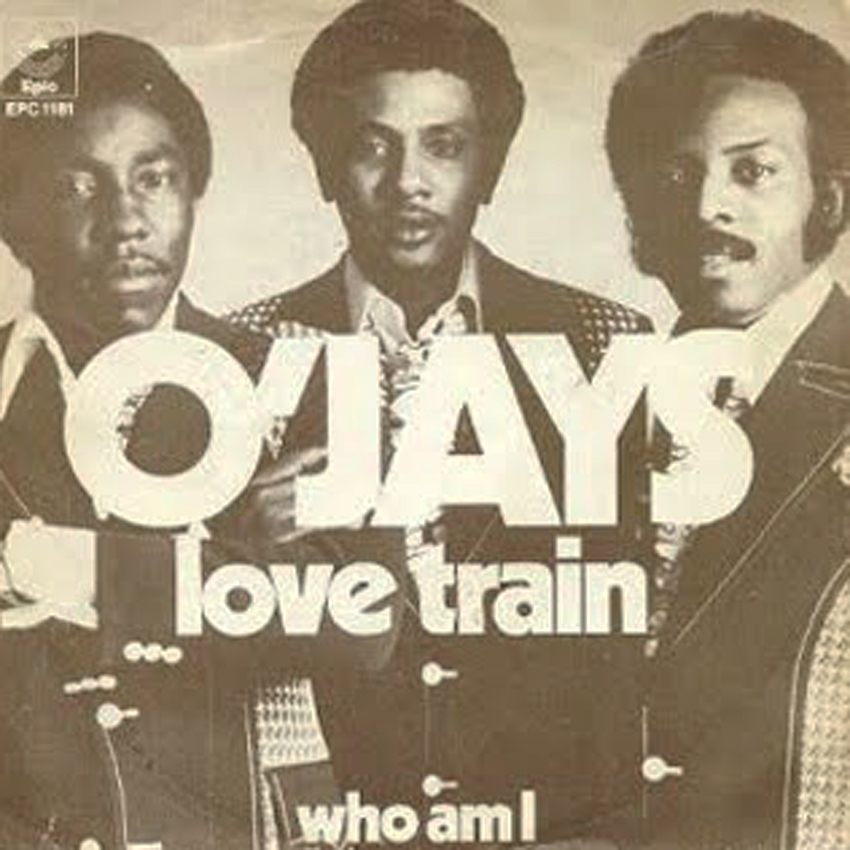
The O'Jays - Love Train (1973)
“The room was rocking when we wrote this one. Man, the good feelings were everywhere. I remember taking the instrumental track home to listen to after we recorded it. It was a Saturday night, and my family was having a party. I played Love Train for the very first time, and immediately everybody started dancing.
“I had to play it over and over again. People kept dancing and going crazy – unbelievable! I sat there thinking, OK, this is gonna be a big one. [laughs] We put the O’Jays on it, and man, talk about magic.
“Some writers like to wait to get to the chorus, but Gamble and I liked to start right out with it. Why not? You have a hook, you might as well show it off. Me and Mrs Jones, If You Don’t Know Me By Now, Love Train, Back Stabbers – they all start with the hook. A lot of the time, that’s the first thing you write, so it should be the first thing people hear.”
Listen:
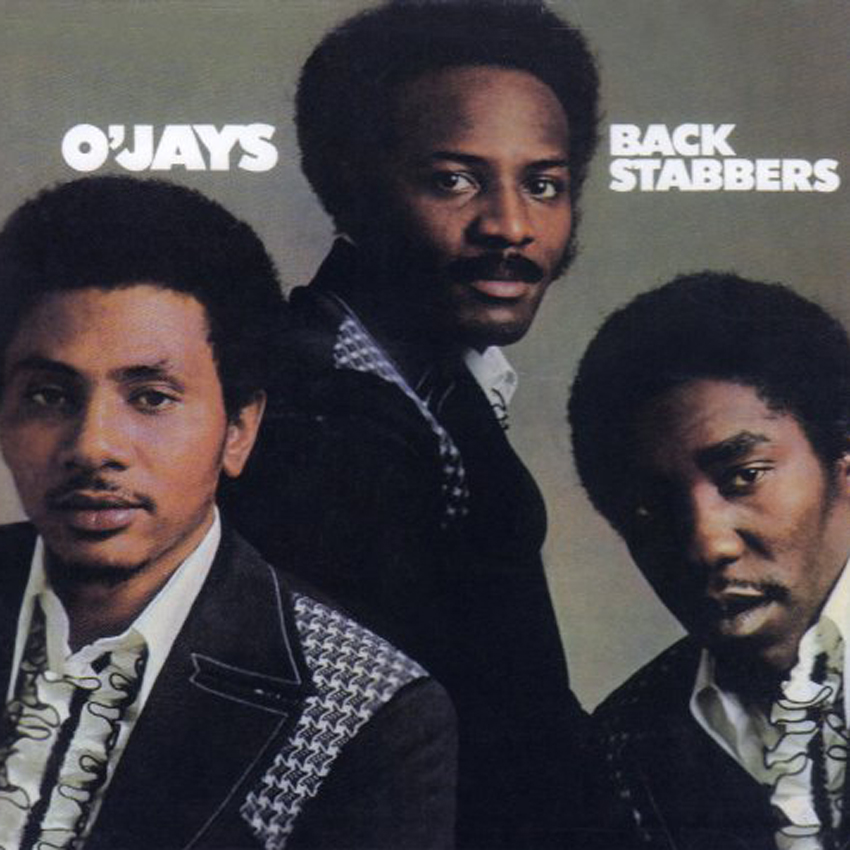
The O'Jays - Back Stabbers (1972)
“One of the best ever! Not a bad song, Back Stabbers. But what’s incredible is, when The O’Jays were first presented with it, they hated it. Couldn’t stand it. They said it wasn’t their sound, wasn’t their thing. That’s when I learned that artists just need to sing. [laughs]
“Gamble and I produced the track. When McFadden and Whitehead brought me the lyrics, they just had the story, there was no music.
“I took the words home and looked at 'em: ‘What they do?/ They smile in your face, all the time they want to take your place/ the back stabbers.’ I liked it. I wrote some stuff to it, and that was that. Gamble convinced The O’Jays to come into the studio, and we got a killer track.
“It’s not like they were jumping up and down, though, but we did get a Grammy-winning performance out of them. They ought to be glad they did it, ‘cause it started their ball rolling. I still love it. There's a lot of moods going on. You get lost in a song like this. I still listen to it and let it take my mind away."
Listen:
Joe is a freelance journalist who has, over the past few decades, interviewed hundreds of guitarists for Guitar World, Guitar Player, MusicRadar and Classic Rock. He is also a former editor of Guitar World, contributing writer for Guitar Aficionado and VP of A&R for Island Records. He’s an enthusiastic guitarist, but he’s nowhere near the likes of the people he interviews. Surprisingly, his skills are more suited to the drums. If you need a drummer for your Beatles tribute band, look him up.
